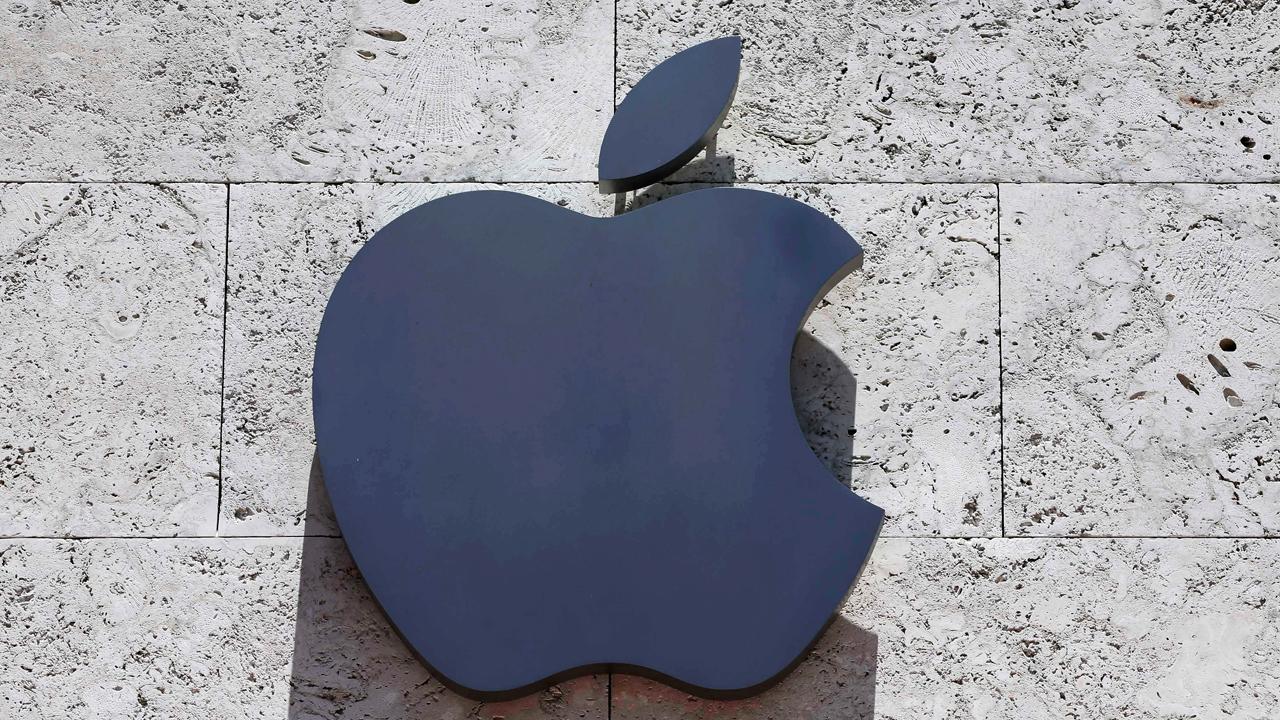Apple aims to block climate, rights proposals with quick use of SEC guidance
BOSTON (Reuters) - Apple Inc. (NASDAQ:AAPL) is pushing back on shareholder proposals on climate issue and human rights concerns, an effort activists worry could sharply restrict investor rights.
In letters to the U.S. Securities and Exchange Commission last month, an attorney for the California computer maker argued at least four shareholder proposals relate to "ordinary business" and therefore can be left off the proxy Apple is expected to publish early next year, ahead of its annual meeting.
The attorney, Gene Levoff, cited guidance issued by the SEC on Nov. 1 saying that company boards are generally best positioned to decide if a resolution raises significant policy issues worth putting to a vote.
While companies routinely seek permission to skip shareholder proposals, Apple's application of the new SEC guidance shows how it could be used to ignore many investor proposals by claiming boards routinely review those areas, said Sanford Lewis, a Massachusetts attorney representing Apple shareholders who had filed two of the resolutions.
Were the SEC to side with Apple, "this would be an incredibly dangerous precedent that would essentially say a great many proposals could be omitted," Lewis said.
An Apple spokesman declined to comment beyond its letters to the SEC.
An SEC spokeswoman declined to comment. Officials had previously said the new guidelines were only meant to improve the resolution process.
Often seen as distractions in the past, shareholder measures have taken on new significance as big asset managers increasingly back those on areas like climate change or board diversity.
Apple cited the SEC's new guidance among other things in seeking to omit the shareholder measures from its proxy, according to letters Apple sent to the SEC.
These include calls for Apple to take steps such as establishing a "human rights committee" to address concerns on topics like censorship, and for Apple to report on its ability to cut greenhouse gas emissions.
In its letters Apple offers details of why the resolutions are not necessary.
In the case of the measure on greenhouse gas emissions, filed by Jantz Management of Boston, for instance, Apple argues it already has taken many steps to improve the sustainability of its operations such as switching to greener materials and helping suppliers use more renewable energy.
(Reporting by Ross Kerber in Boston. Additional reporting by Stephen Nellis in San Francisco; Editing by Lisa Shumaker)




















